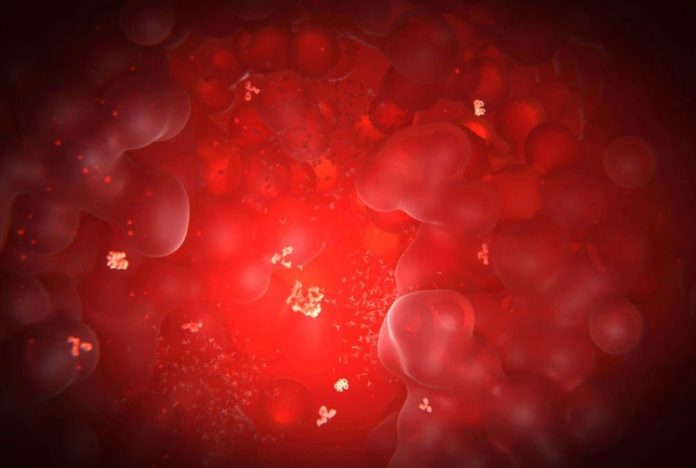Natural killer (NK) cells are your pals when it comes to combating infections and cancer, and scientists are learning more about them.
Natural killer (NK) cells, while having a name straight out of a Tarantino film, are your buddies when it comes to combating infections and cancer. If T cells are like a team of specialized doctors in an emergency room, NK cells are like the paramedics: they arrive first and control the situation until reinforcements arrive.
NK cells, which are part of our innate immune system and send these initial responders, are primed to perceive and respond to danger from birth. Immunology researchers are working to figure out what fuels NK cells, which has crucial clinical consequences.
“There’s a lot of interest right now in NK cells as a potential target of immunotherapy,” said Joseph Sun. “The more we can understand what drives these cells, the better we can program them to fight disease.”
First Line of Defense
T cells rely on aerobic glycolysis to carry out their protective roles, according to previous research from MSK and others. However, it remained unknown if NK cells rely on this type of metabolism to power their own functions.
Dr. Sun and his colleagues were able to determine what type of metabolism NK cells employ and compare it to T cells in a real situation since they researched NK cells in animals rather than in a dish. They discovered that NK cells increase aerobic glycolysis roughly five days before T cells respond with a glycolytic spike of their own.
“This fits with the idea that NK cells are innate immune cells that are really critical for mounting a rapid response,” Dr. Sheppard added.
The findings are pertinent to ongoing efforts to employ natural killer cells (NK cells) as immunotherapy in persons with cancer and other diseases. They have implications for employing NK cells in cell therapy, which involves growing cells outside of a patient and then injecting them back into the patient’s blood.
“If you’re growing these cells in a dish and you push them to divide too rapidly, they may not have as much potential to undergo aerobic glycolysis when you put them into a patient,” Dr. Sheppard added.
The conclusion for clinical trial developers is that they must strike a balance between stimulating NK cells to grow while maintaining their stamina. Because our immune system’s paramedics are these NK cells, it’s critical to keep them fast and responsive.
Source: 10.1016/j.celrep.2021.109210
Image Credit: Getty
You were reading: How to make the immune system’s natural killer cells more responsive against infections and cancer
